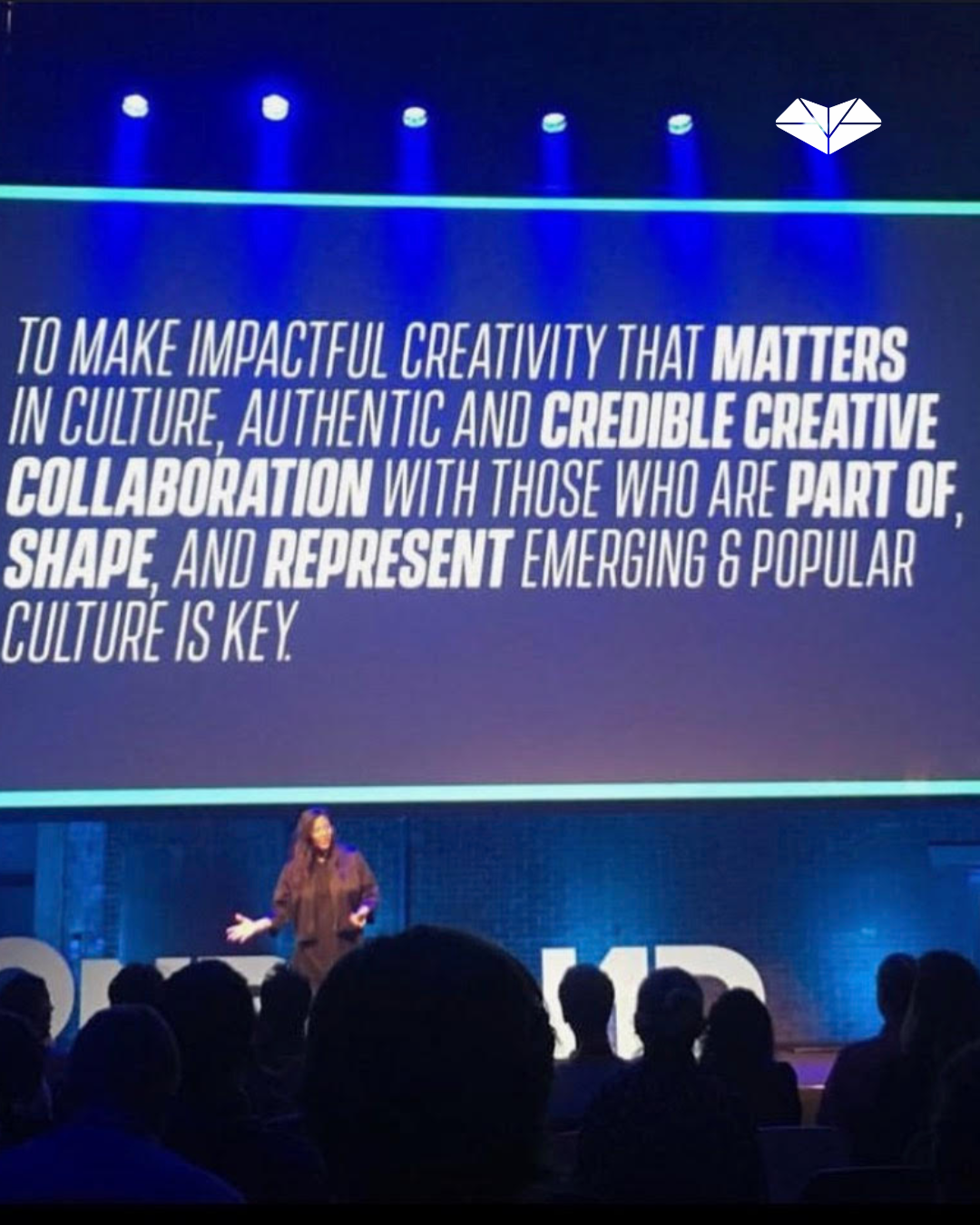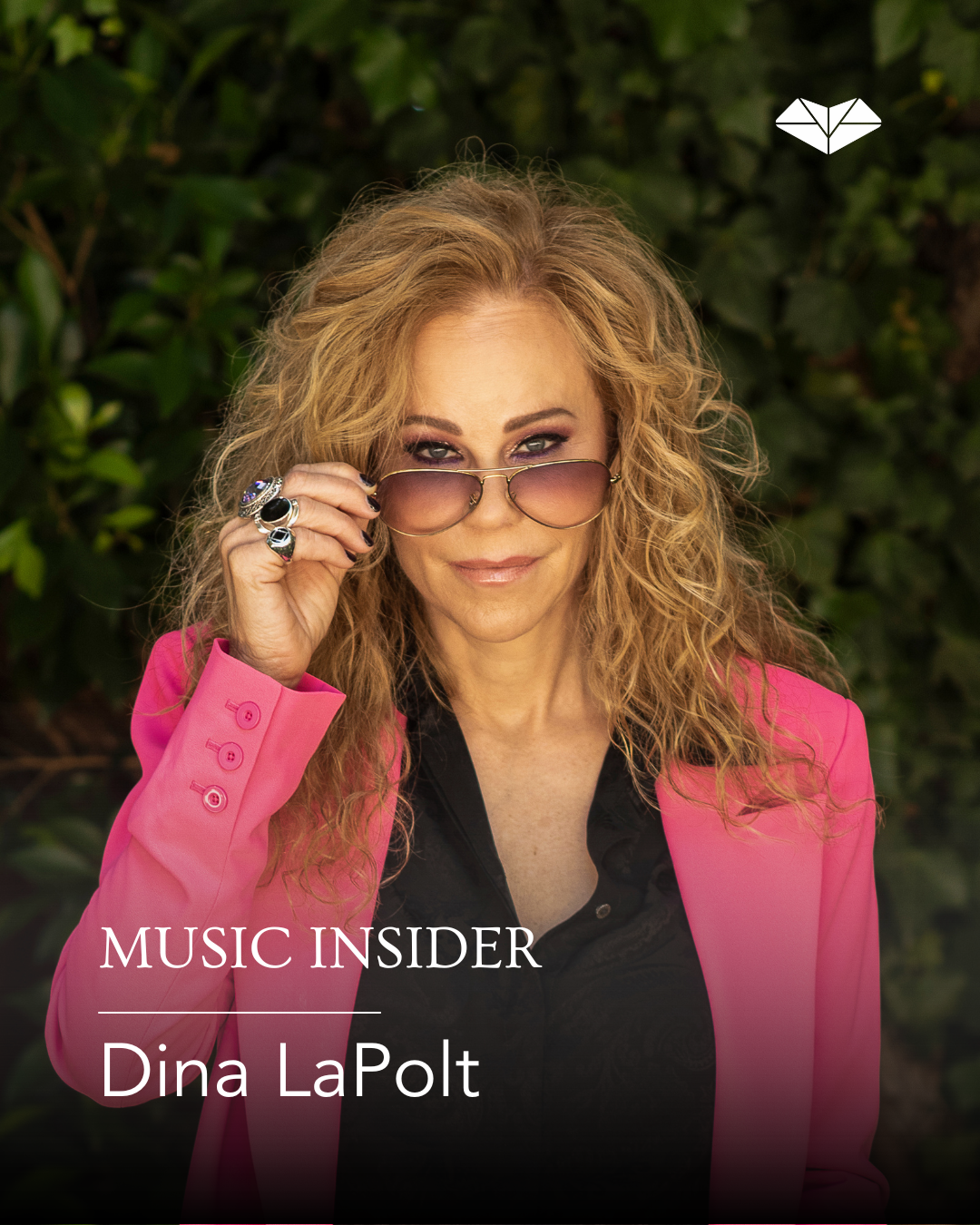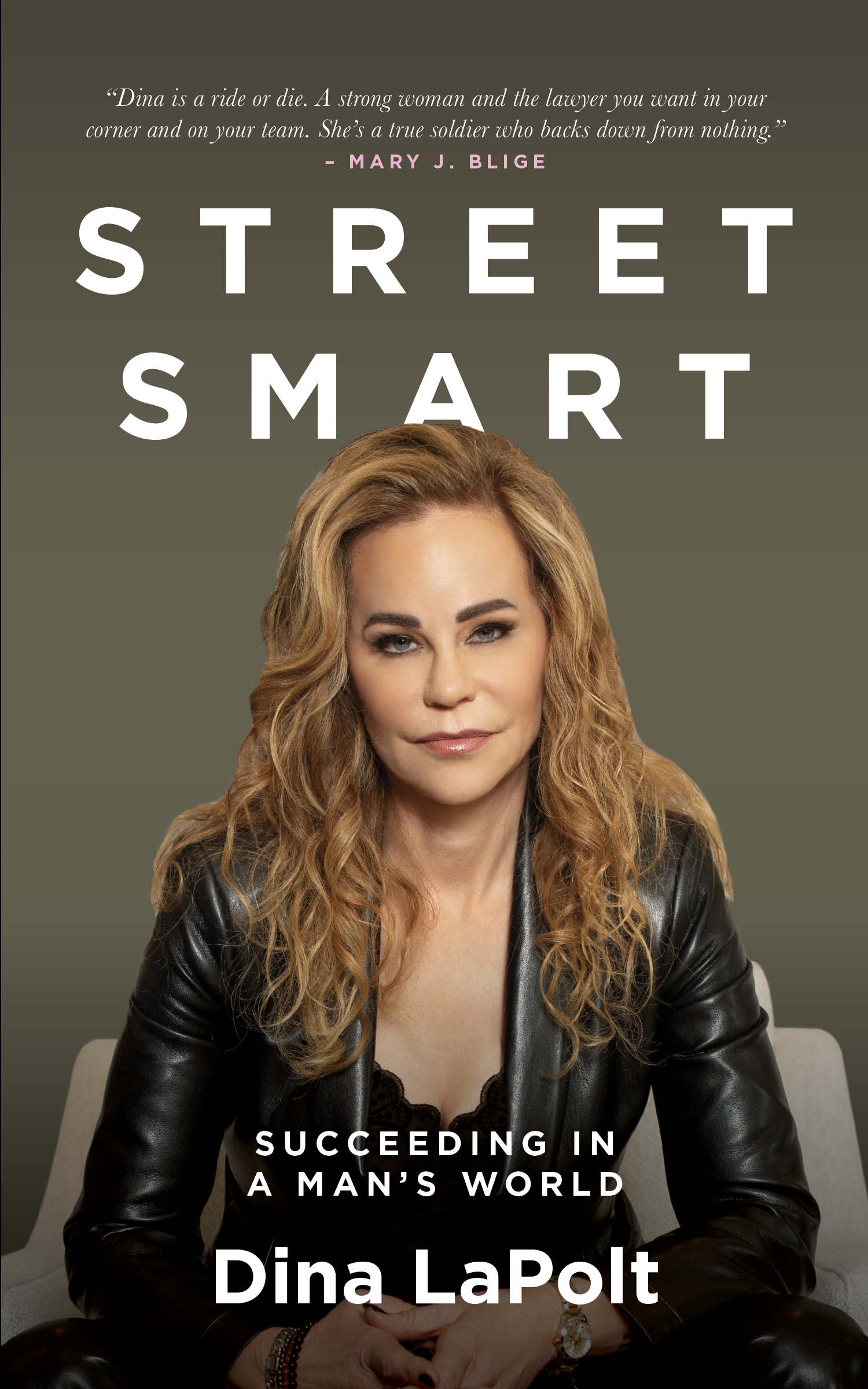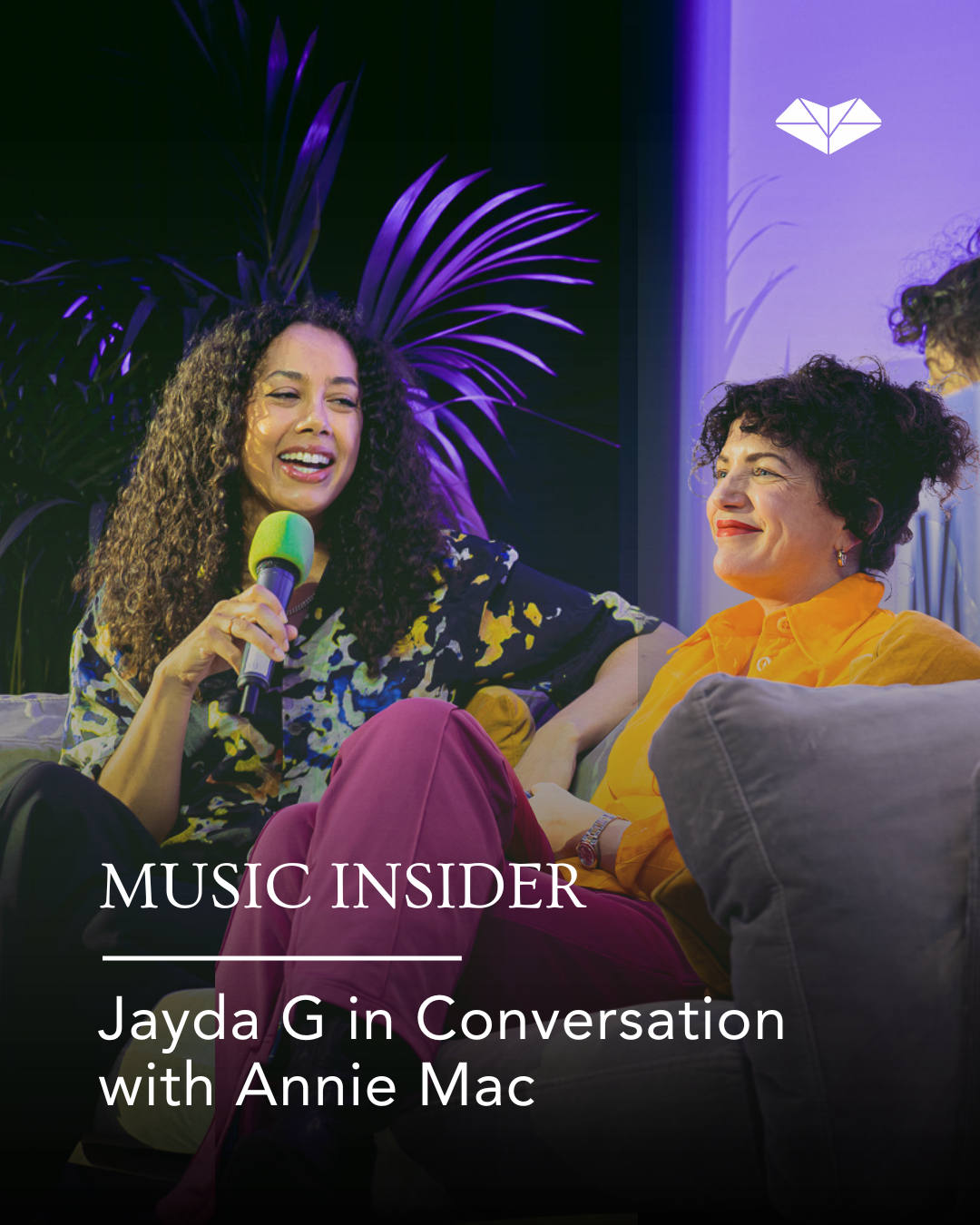Few brand strategists can claim a 30-year career that spans global giants like adidas and Diageo, the launch of two independent companies, and a pioneering role in shaping how brands connect with culture. Leila Fataar is one of them.
As the founder of Platform13, a London-based cultural communications and creative production studio, she helps brands unlock cultural relevance through fandoms, communities, and storytelling, translating business objectives into real-world resonance.
Her book, Culture-Led Brands: Drive Growth, Build Resilience and Cultivate Resonance (Kogan Page, June 2025), distills decades of international experience into a practical guide for leaders navigating today’s volatile business and cultural landscape.
Drawing on real-world work with adidas Originals, Guinness, YouTube and more, the book lays out why cultural relevance isn’t a marketing trend but a strategic imperative—and how brands can embed it across everything from innovation and internal operations to storytelling and trust-building.
What does a typical day look like at Platform13?
No day is ever the same… and that’s how I like it! Within a day, I can be hosting a Cultural Voices POD, running to be on a panel, doing a business talk around my book, Culture-Led Brands, delivering a global campaign or cultural insights for big brands and going for dinner with a client or contact. Or some days, I could also be updating our website, commenting in a trade publication, writing our newsletter as well as planning and creating content for our socials. And these mix and match.
Your book Culture-led Brands spans everything from marketing and innovation to politics, tech, and inclusion. What connects all of that under a culture-led approach and why does it matter right now?
Culture has always been impacted by politics, the media and technology and brands can no longer ignore that if they want to be relevant. But knowing how to analyse and read the RIGHT shifts that impact a brand's audience, and then for that brand / business to act accordingly, is why it's necessary for brands to thrive… or even survive this era.
For someone picking up Culture-led Brands for the first time, what’s the key idea or shift in thinking you hope they take away from it?
A brand’s culture-led strategy is an input that must be brought upstream as part of your business strategy. This means the right behaviours and decisions run through your business and reflects in the work that your consumers see. What it’s not, is a marketing channel output like a trending topic on social media.
For CEOs, CMOs, and growth leaders navigating constant change, what’s one principle from Culture-led Brands they should be applying right now but often overlook?
I’ll give you two: Break your internal silos, break your marketing formulas.
What do the most culturally fluent brands consistently get right? Where do others go wrong?
They ensure they have the right voices in the room, not only in their marketing output. They ensure those voices are in the ideation and decision making process too. This is where inclusivity plays a big role… and where there is still a ton of work to do in big brands.
What’s one thing you wish more leaders in music or branding understood about building trust with communities?
It is the only way to drive resonance with your audiences. Building trust means adding value to those communities, not just extracting from those communities for commercial gain.













































